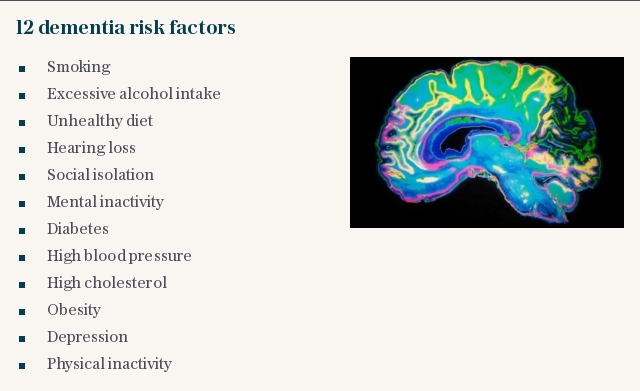Alcohol is good for you, study finds

Having two alcoholic drinks a day may slow mental decline and preserve brain function, according to a new study.
The research, published in JAMA Network Open, examined the link between alcohol consumption and changes in brain function over time among nearly 20,000 middle-aged and older adults.
Researchers from the University of Georgia found that people who enjoyed a regular drink - up to two a day - were a third less likely to have decreased cognitive function compared to tee-totallers.
This includes learning, thinking, reasoning, remembering, problem solving, decision making and attention. On average, they had 29 per cent less chance to have a lower mental capacity compared to people who never drink.
The author’s found the optimal intake was ten to 14 drinks per week, but said the findings do not mean those who drink less should increase their intake.
Moderate drinking has previously been found to increase a protein known as the brain-derived neurotrophic factor (BDNF), which helps the brain to develop new cells and strengthen existing ones.
The effects of low to moderate alcohol consumption has also been highlighted in previous studies for protecting the brain from dementia or Alzheimer’s.
The latest research adds to the idea that drinking small amounts can be beneficial to cognitive health.

It tracked alcohol consumption effects on cognition performance over ten years, using participant data from a nationally representative sample from the Health and Retirement Study in the US.
A total of 19,887 participants completed surveys every two years about their health and lifestyle, including questions on drinking habits.
They also had their cognitive function measured in a series of tests looking at their overall mental status, word recall, and vocabulary.
These included being read a list of ten words and then having to remember them immediately, or five minutes later.
They were also tested on knowledge, language and orientation, as well as their ability to provide the definitions of five given words.

Dr Changwei Li, a corresponding author of the paper and epidemiologist at UGA, said results from previous studies investigating links between mental health and moderate drinking have been mixed.
Some have reported benefits whereas others have found no, minimal or even adverse effects.
But this study has identified a 'U-shaped relationship' between alcohol and cognitive function scores, where a little provided benefits but too much had the reverse effect.
Dr Li said: "Our study suggested low to moderate drinking was associated with better total cognitive function and better word recall, mental status and vocabulary.
"Low to moderate alcohol use was also associated with slower rates of cognitive decline."
Compared to non-drinkers, they found that those who had one or two drinks per day tended to perform better on the cognitive tests over time.

